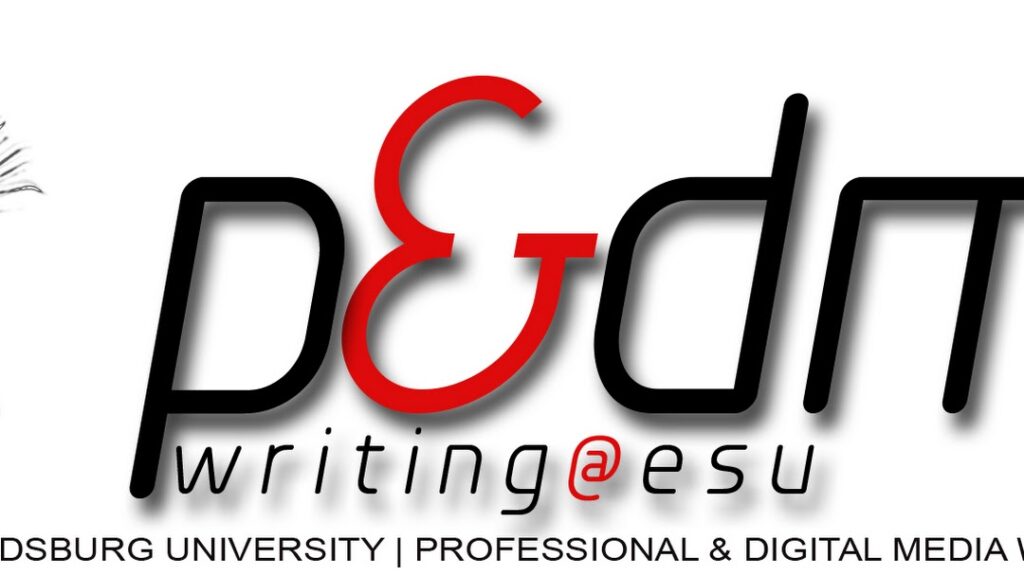
Carolin D. Rusell Dezala
Contributing Writer
The end of the semester is almost here. Registration for Fall 2024 classes starts March 25, for priority students and April 1, for everyone else. But as everyone else prepares to build the schedule that works for their convenience, English majors in professional and digital media writing (PDMW) face roadblocks while registering for classes.
For Fall 2024, no professional writing classes are being offered. These classes are the core curriculum for the PDMW students, forcing many to register for other courses to meet the curriculum requirements.
“I find it really frustrating to see that most classes I need to graduate aren’t being offered. If I want to stay on track I need those 300-400 level classes yet I only see 200 and below,” said Delaney Hibbits, an upcoming junior.
This is true of other upperclassmen, such as Mary MacIntire, who has decided to take classes from the communications department to fulfill her advanced and upper-level credit requirements.
“I saw an email from Andrea Mclanahan saying that some Communications Classes were going to be offered in the fall and that, because of my major, I would be interested in taking them,” said MacIntire.
Meanwhile, underclassmen within the track may not be as affected.
Because of the way the initial curriculum is structured, underclassmen take two English writing courses per semester and three general education requirements until the fall of their junior year. However, this might be subject to change given the uncertainty of writing and non-literature English courses being taught at a given time.
The problem with class registration is rooted in a complex issue: the enrollment numbers. This creates a domino effect in who is teaching said classes, or the lack thereof.
“Students in our professional and digital media writing track have had very few courses to choose from for a couple of years now, and the same is true, to an extent, of our literature offerings,” says Dr. Holly Wells, associate professor of English. “High expectations for enrollment have meant that offering 300-level PDMW courses is risky: if the courses don’t meet arbitrary enrollment thresholds, they are usually cut. Unfortunately, this creates a self-fulfilling prophecy in our major. If students can’t find the courses to complete their degrees, they stop enrolling in the track, which creates less need for faculty, which leads to non-replacement of retirees, which shrinks our department offerings further.”
To make up for the lack of classes, students are usually faced with the alternative to taking an independent study, or individualized instruction and even go as far as taking internship credits to make up for it. But it is hard to take up an independent study and have professors accept said courses.
“Lately, the bandage we as faculty have been putting on this gaping wound involves offering independent studies and individualized instruction to our majors. However, this ‘quick fix’ is unsustainable for a couple of reasons: One, faculty who teach the canceled courses are limited to nine hours of IS, II and internships in a given semester, which limits how many students we can serve in this way; and two, the pay for these II and IS offerings is significantly lower than pay for a full course, meaning the motivation to teach them on top of a full course load is fairly low. We have been doing them out of the goodness of our hearts, but we cannot sustain this model long-term, nor should we have to,” continues Dr. Wells.
The English department sees majors across all disciplines as ENG 103, 163 and in most cases, ENG 203 are required courses for the general education curriculum and certain majors. Those classes are being taught every semester, but the PDMW majors get the short end of the stick every time.
“I believe it is in the best interests of our smaller majors, such as English, to support students by offering classes even if enrollment is somewhat low. English degrees provide many marketable skills, and PDMW, in particular, helps our students laser focus on professional writing and editing, social media management and content creation, web content writing and design, law, library science (as preparation for the MLS degree) and many other careers.”
“ESU is a liberal arts university, not a community college; we should be able to compete with other liberal arts universities in our offerings. Our students should be able to complete their degrees in a reasonable time without having to come begging to get the courses they need,” Wells added.
There is no current say on what will happen with or if the necessary professional writing classes will be offered or if students will just settle and find loopholes around this issue.

